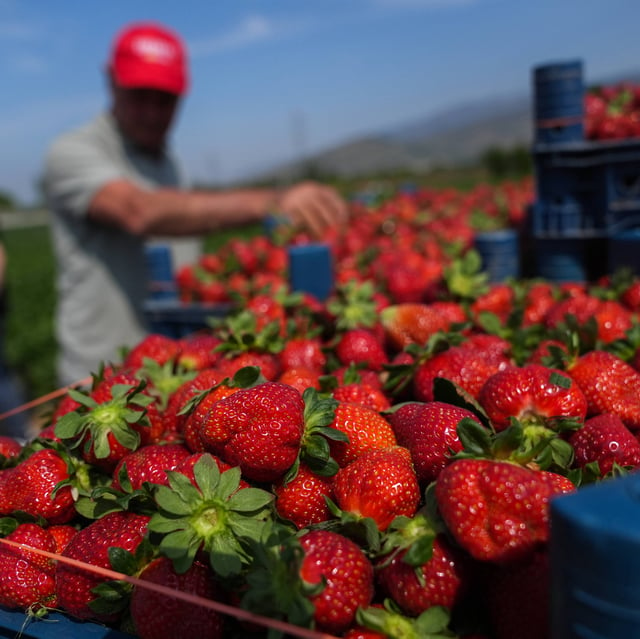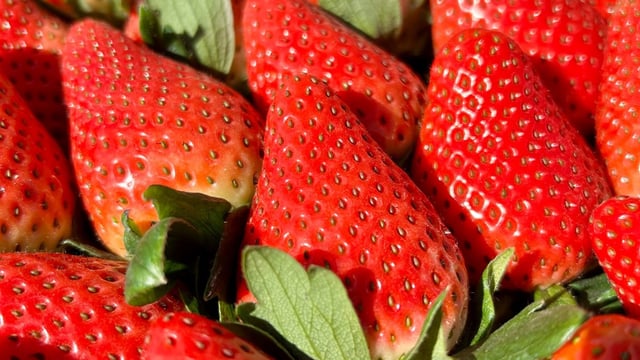Overview
- The final reading of secondary legislation enabling the sale of gene-edited foods in the UK is scheduled for debate in the House of Lords this Tuesday.
- If approved, companies such as Tropic and Simplot plan to apply for market entry, with products like non-browning bananas and long-life strawberries potentially available by late 2026.
- The UK’s divergence from EU GMO regulations post-Brexit allows precision-bred crops to be treated as distinct from traditional GMOs, focusing on traits achievable through conventional breeding.
- Defra and the Food Standards Agency will assess applications starting this autumn, evaluating safety and equivalence to traditional breeding methods before ministerial approval.
- Precision-bred crops promise environmental and nutritional benefits, with developments including vitamin D-enhanced tomatoes and pest-resistant wheat already in progress.

